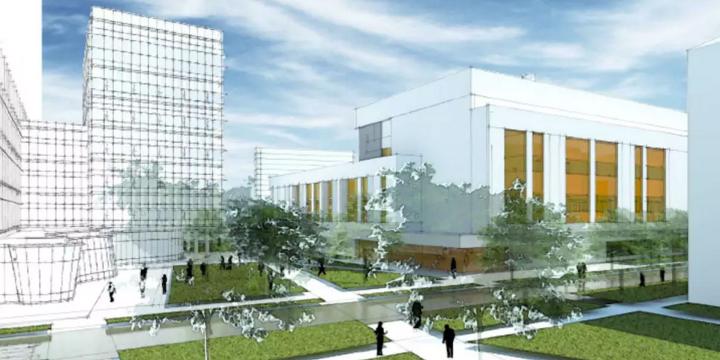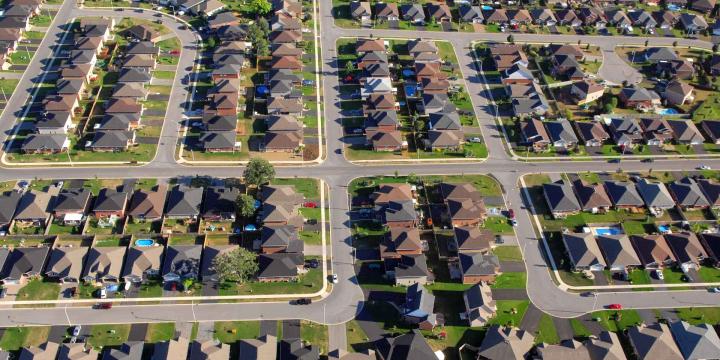All Financing Courses
Traffic Congestion, Part Two: Congestion Pricing
Dive into congestion pricing: what it is, why it could work, and how governments might implement it.
Methods for Neighborhood Scale Revitalization
This course presents a rigorous but adaptable methodology that builds on the strengths of neighborhoods to develop customized approaches for addressing challenges that directly respond to the needs and vision of each neighborhood.
The Elements of Citymaking: Design, Policy, and Finance
Examine the theory of city-making at various scales, ranging from a development site at the smallest scale to the largest urban regions.
Accessory Dwelling Units: Understanding America’s Newest Housing Typology
Explore the latest ADU policy developments from leading American cities, key challenges and opportunities for increasing or limiting ADU production, first-hand examples, and best practices in ADU affordability programs.
Introduction to Corporate Sustainability
In this course, the student will gain the skills needed to help an organization adopt sustainable practices, develop long-term plans to minimize environmental impact, identify the appropriate frameworks, and undertake meaningful interaction with internal and external stakeholders.
Planning Commissioner Training
The new "Planning Commissioner Training" series offers citizen planners a chance to learn the tools to make a positive impact in their communities (available as a separate subscription).
Transportation Planning: Principles and Practices of Transportation Finance
This course explains principles of transportation finance and reviews the general structure for funding transportation projects. Learn about the history of U.S. funding, from strong local funding to state and federal involvement to regional funding sources.
Transportation Planning: Travel Behavior Regulations, Pricing, and Programs
This course reviews the efficacy of regulatory strategies (such as prohibitions and mandates), pricing strategies (such as peak period pricing), and education and information strategies (such as real-time ride-hailing apps).
Introduction to Real Estate Equity Crowdfunding
Learn the rules that govern and allow for real estate crowdfunding and how real estate crowdfunding can be deployed in your community for possible development.
Economic Impact Analysis in Land Use Planning
This course examines how input-output models contribute to economic impact analyses and presents examples of how economic impact analysis can be applied in a wide range of planning projects.
Understanding Fiscal Impact Analyses
This course will explore the various elements of a fiscal impact analysis, particularly as it relates to residential projects.
Calculating the Benefits of Parks, Trails, and Open Space
This course provides examples of how to calculate market and non-market values of parks, trails, and open space, as well as how to identify potential revenue-generating opportunities for long-term maintenance and operation.
Multi-Family Property Valuation Case Study for Planners
This course will take planners through a case study multi-family property valuation. The course will build upon previous course topics of time discounting, internal rate of return, net operating income, lease structures, debt payments, and risk assessment.
Office Property Valuation Case Study for Planners
This course offers a case study of office property valuation, building upon topics from previous courses, including time discounting, internal rate of return, net operating income, lease structures, debt payments, and risk assessment.
Property Valuation for Planners
This course builds on topics covered in the previous two courses from this series, time value of money and property cash flow, to undertake a discounted cash flow analysis of property value.
Property Cash Flow Analysis for Planners
This course will introduce planners to property cash flow analysis, which provides the foundation for real estate pro forma analysis.
Time Value of Money for Planners
This course will introduce planners to the concept of time value of money that will provide the foundation for real estate pro forma analysis.
Educational Space Programming for a New or Renovated Facility
This course shows how to develop a building program for an education facility. A program, sometimes referred to as educational specifications, documents the vision, goals, activities, square footage needs, and spatial relationships for new or newly renovated facility before the design process begins.


























